Open Letter to Splinterslands team, featuring Coffeezilla and CryptoZoo
14th January 2023.
Dear Splinterlands team,
This is an open letter written with love and hopes for the company and the game. I’ve been playing Splinterlands for over a year and have survived through the crypto winter in 2022.
I have never felt so deeply for a game since I started gaming in childhood.
This letter is about the hopes and dreams for Splinterlands, the CryptoZoo saga, and a sprinkle of opinions on game development (Disclaimer: I am not a game developer, but a gamer who loves gaming).
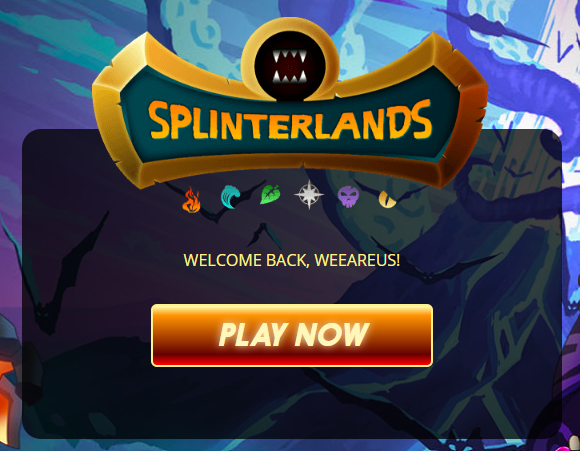
A Cautionary Tale
Coffeezilla, a fantastic Youtube investigator who focuses on scams and fraudsters, covered the pump-and-dump created by Logan Paul called CryptoZoo in a 3-part series.
The evidence and allegations levelled against Logan Paul are staggering and frankly insane. Outside of FTX, CryptoZoo could be the next largest crypto scam uncovered in recent history.
Leaked text messages between the CryptoZoo team revealed how they stealth-launched CryptoZoo’s token 2 months before the official announcement of the token to Logan Paul’s audience.
Basically, the team will be able to amass a large quantity of the crypto token $ZOO at a steep discount before anyone else has access to it.
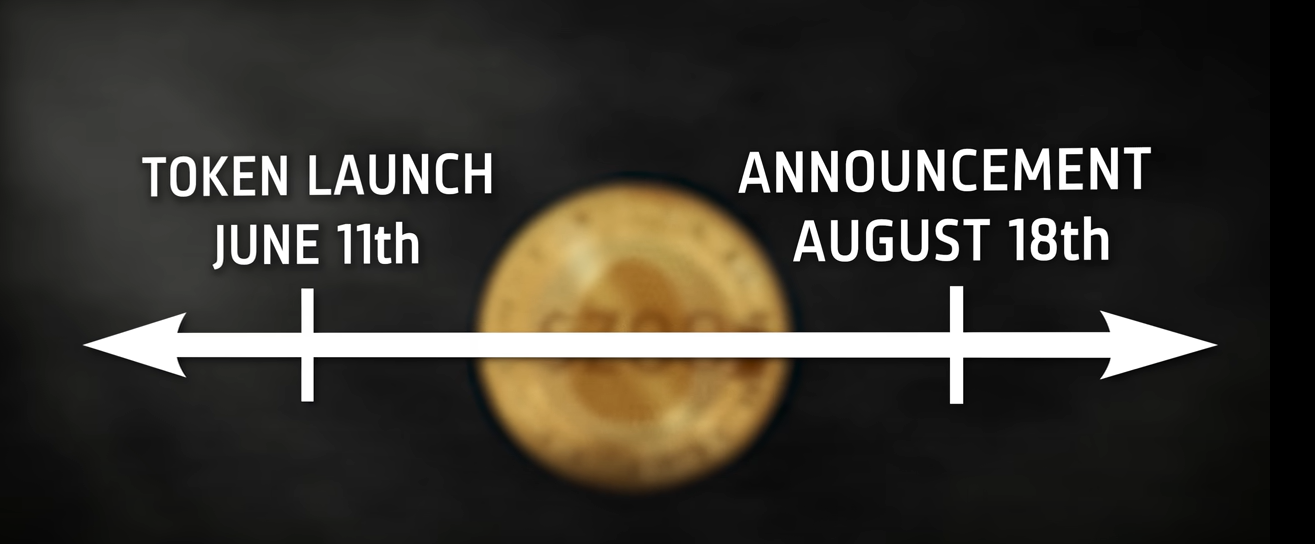
This clearly shows that this is a pump-and-dump scheme hatched by the CryptoZoo team, and the primary victims will eventually be the investors who buy in after the official announcement. $ZOO pumps, and there will inevitably be a dump by someone.
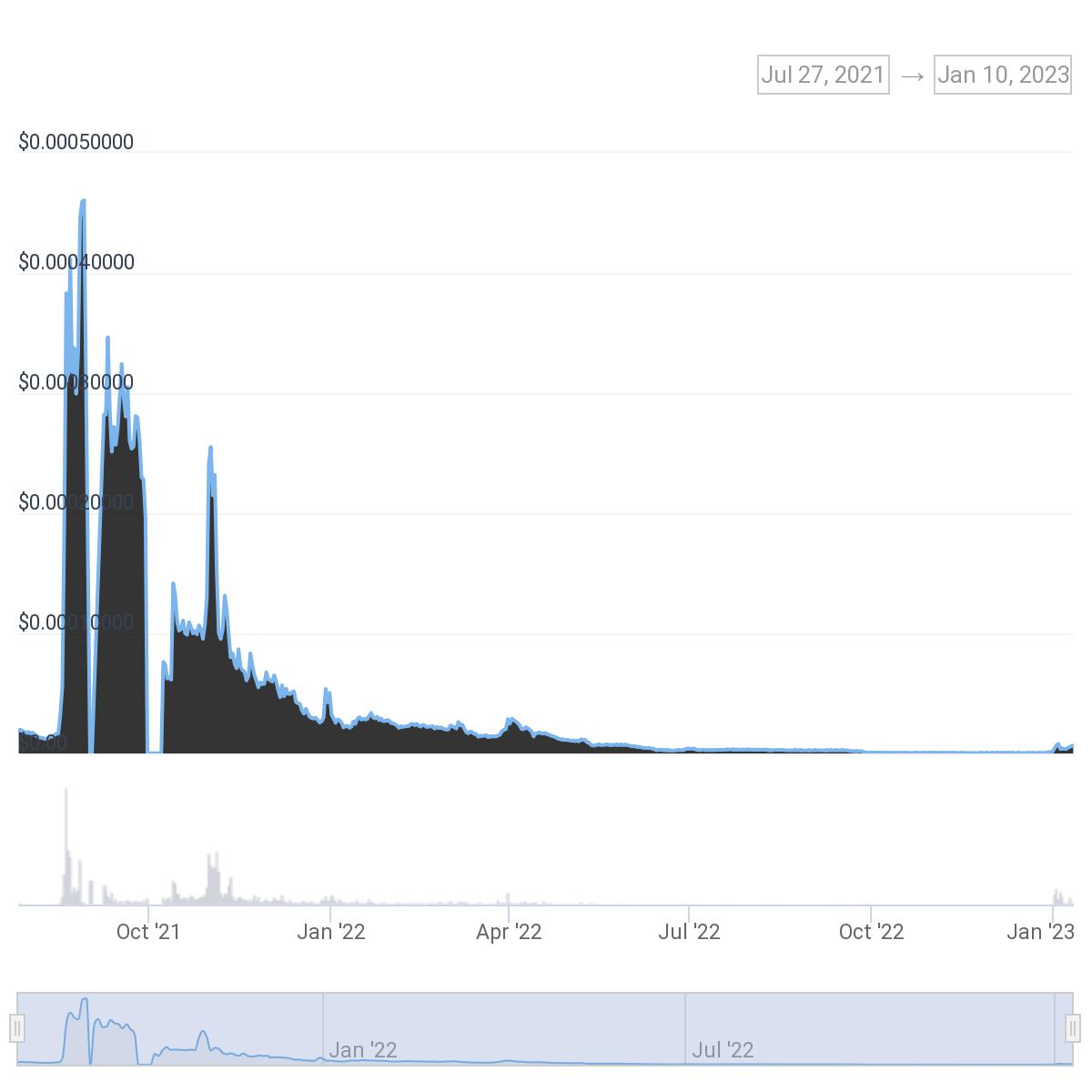
$ZOO token chart
This is not the first time Logan Paul has done this. Dink Doink was another crypto project that he abandoned which caused a crash in the value of its token.
Does the chart look familiar to you?
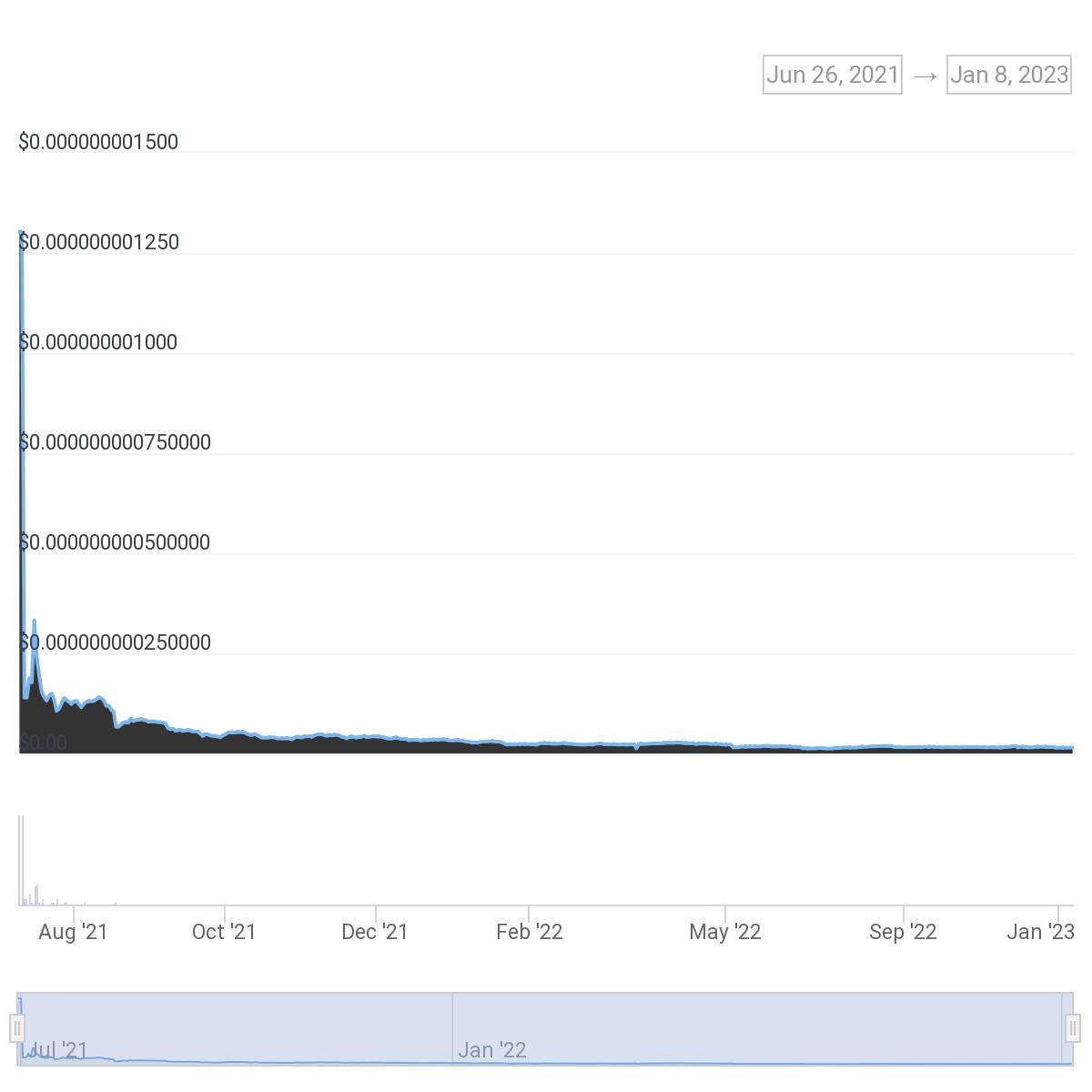
DINK token chart
The truth is that the CryptoZoo is in an unplayable state, value has been pulled out from $ZOO, and investors are left with worthless tokens. This is a definition of a rug pull, aka a scam.
Logan Paul has responded to the allegations, threatening to sue Coffeezilla over his investigation. It’s almost as if Logan Paul is wilfully blind to the truth and chooses to regard hard evidence as “misinformation”.
Let’s hope that Coffeezilla will come out unscathed and continue his good work in this world after this ridiculous saga.
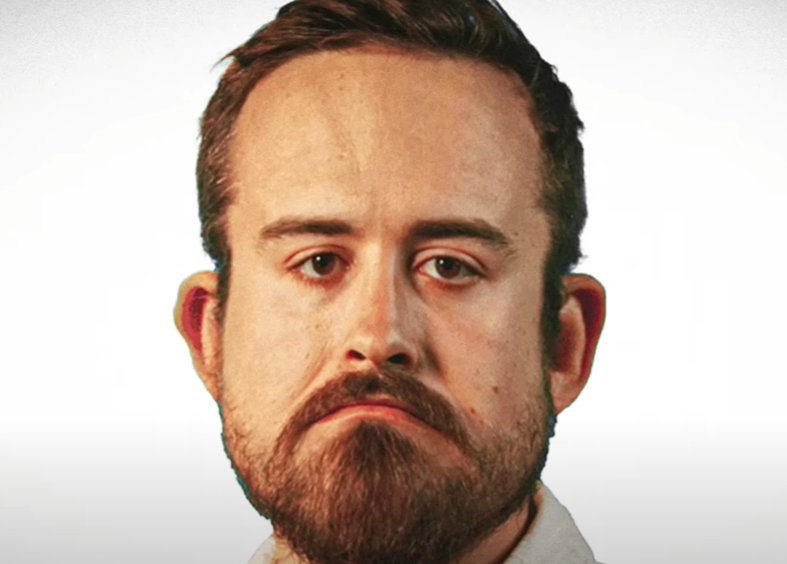
You can catch Coffeezilla’s 3-part series on his year-long investigation into CryptoZoo.
Coffeezilla Part 1: Investigating Logan Paul's Biggest Scam
Coffeezilla Part 2: The Biggest Fraud in Logan Paul’s Scam
Coffeezilla Part 3: Ending Logan Paul's Biggest Scam

Update: Logan Paul has reversed his brain-dead response and removed the video from his channel.
He has contacted Coffeezilla to apologise and retracted the threat of a lawsuit.
It is still unclear whether Logan Paul has any self-awareness of the hurt he has inflicted on innocent victims of his community, but at least we can be thankful that Coffeezilla is safe.
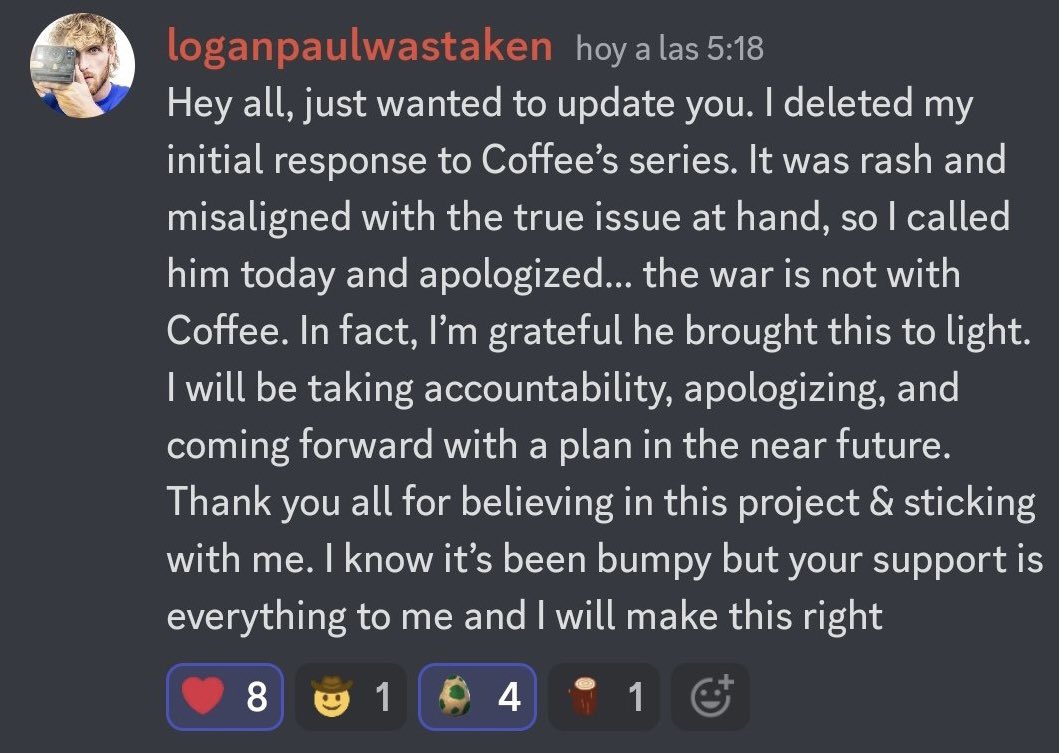
Second update: Logan Paul has officially apologised to Coffeezilla in a video response and vowed to rebuild CryptoZoo.
Not sure how confident I am in his ability as a game developer, and the investors may still never get a cent back.
Nonetheless, it’s a tiny step in the right direction for everyone.

Splinterlands and CryptoZoo
Regardless of the intention of the creators and staff handling CryptoZoo, if work is not done on the project to deliver the promises made, it feels like a scam.
To be clear, I believe that Splinterlands has great potential to be the next blockbuster game, taking on the TCG genre giants like Hearthstone, MTG, and Pokemon.
I believe the Splinterlands team will go out on a limb to make it happen sooner or later. The community will prefer for it to be sooner, but we will just have to be patient and keep supporting it for now.
However, CryptoZoo has some attributes that are terrifyingly similar to our dear Splinterlands:
- Both are crypto-based and require players to buy their tokens.
- Both are NFT-based, where the core assets are owned and held by players.
- Both are games (although calling CryptoZoo a game is a stretch).
- Both are running pre-sales for their tokens and NFTs, which creates more promises to be fulfilled to their community.
You can see why some members of our community are more jittery than others when it comes to holding Splinterlands assets and tokens when promises are not being met in a timely manner (*cough Land cough).


Update: The Splinterlands team is currently cranking up all its gears to churn out Land as soon as possible.
Although I do not own any Land, I am excited to see what it brings to the table.
We are finally getting somewhere in terms of serious game development.
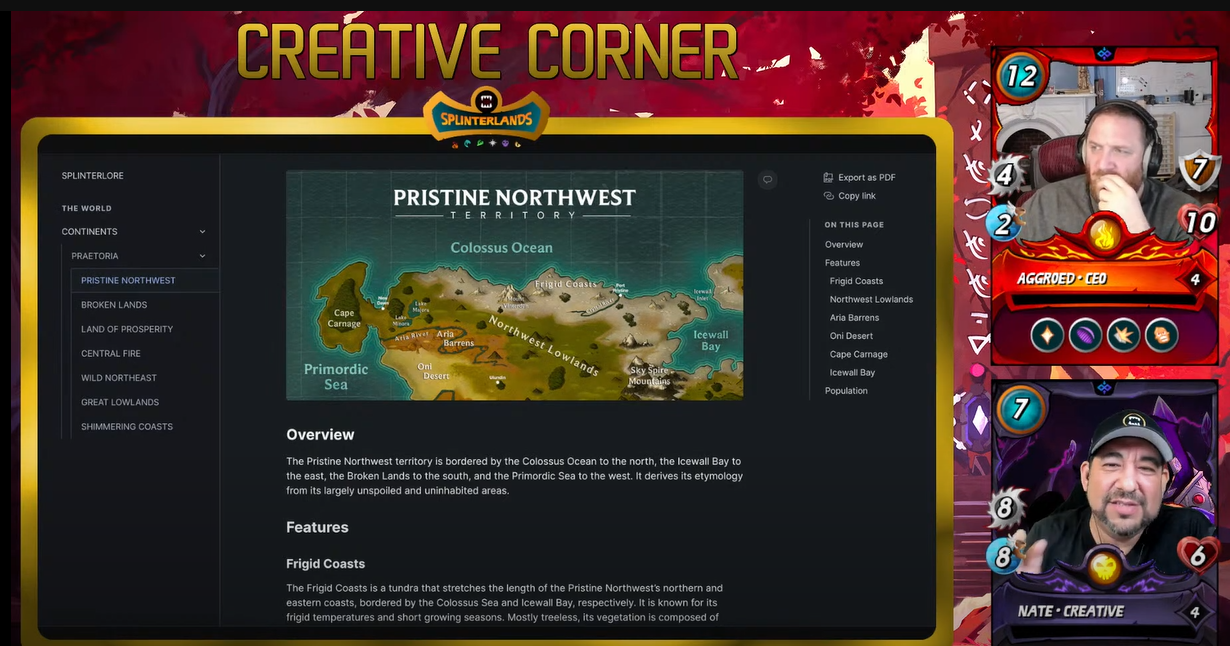

Game Developing in the Wild West of Crypto
Fundamentally, game developers have the authority to pull the plug on any game that they own, with or without consent from their player base: Hyper Scape, Heroes of Newerth, Tera, the Stadia platform. And this is a sample list for 2022.
If the Splinterlands team were to decide that it’s time for the servers to take a nap forever, or to cease development and leave it as it is, we the players don’t have a say in the matter.
Pairing this with cryptocurrency projects which are infamous for rug pulls/ pump-and-dump /scams, it can get extremely tricky to filter out the gems from the thousands of horse manure.
Trust as the invisible token
Outside of the crypto tokens we can buy and sell, there is another implicit token that every player/investor holds in his intangible bank account; trust.
We do not blink an eye when we shell out $60 to buy new games off the shelf.
We do not do background checks on game developers before purchasing games on Steam.
We do not question the value of the cosmetics items or in-game currencies for mobile games when we buy a micro-transaction.
All this is possible because of trust. We believe that the games we participate in will still be around for the foreseeable future, and the things we buy will be delivered to us as intended.
Right now, the amount of “trust tokens” for cryptocurrency projects is very low; Terra/Luna has collapsed. Lending protocols have bankrupted. FTX turned out to be a scam.
For Web3 gaming to reach the point of Web2 gaming success, we need to replenish the “trust tokens” in players’ hearts and reach out to touch new players by introducing them to games in Web3.
It’s a cliché, but trust takes time to build.
Give us reasons to trust you, and keep giving us reasons to trust you.
Proud to be a Splinterlands Player
Despite all this, I am happy to have stuck with Splinterlands for a little over a year.
I have survived as a free-to-play player battling bots to death in Bronze for months, writing down each and every “best lineup” to mimic and counter their play styles.
I made the leap of faith and bought cards to push myself to Silver, maxing out a Kelya deck and a General Sloan deck to survive the bot onslaught.
I made a final colossal push to Gold by spending an absurd amount on new cards and packs.
This push into Gold was particularly important to me because I did it to experience the abilities cards gain when they are levelled up to Gold League.
Splinterlands evolves into a completely different game when we move from Silver to Gold, and the extra dollar needed to get there is worth spending.
There are people in the community who will play Splinterlands for life, regardless of rain or shine. Dwayne Cunningham comes to mind as an OG who will carry the game on his shoulders if he can.
Maybe one day I will be able to share the burden of carrying this game forward.
The Ultimate Promise
Splinterlands is fundamentally a game. It just happens that its mode of delivery is through the blockchain, NFTs, and cryptocurrencies.
- Want DEC to return to peg? Build a good game.
- Want fresh funds and new players to enter Splinterlands? Build a good game.
- Want to build a strong Splinterlands community? Build a good game.
The definition of what makes a “good game” may vary widely, but we can generally agree a game is good when we see one.
Players don’t care about the monetary value of the things they buy. We just want to play a good game.
Take a good long look at Web2 games. There are no monetary incentives to play them!
There are many successful TCG and economy-driven games that we can learn from. Stand on the shoulders of giants and build upon them.
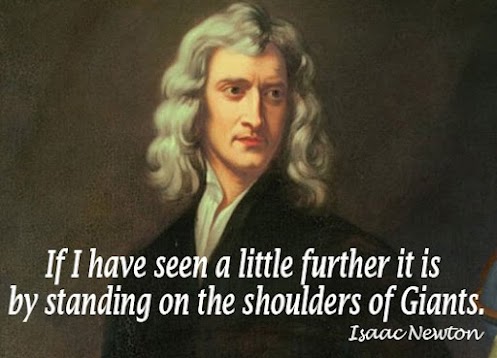
I’m no game developer, but Game Maker's Toolkit has a captivating library of knowledge on what goes into the fundamentals of every game. Here are a few of my favourite topics that seem relevant to Splinterlands:
- Should Designers Listen to Negative Feedback?
- How Games Use Feedback Loops
- This Psychological Trick Makes Rewards Backfire
- How Game Designers Solved These 11 Problems
- How Video Game Economies are Designed
- How to Keep Players Engaged (Without Being Evil)
- Can we improve Tutorials for Complex Games
- Secrets of Game Feel and Juice
In our current time, a browser game where we click on cards and wait for the battle result doesn’t cut it anymore.
As a humble player of Splinterlands, the reason I’m still here after a year is that Splinterlands is a strategic game that fulfils that part of me.
Please focus on building Splinterlands into a good game. It can be so much more.
Signing off with love,
A Splinterlands player
Lee Wee Siong
aka Splinterlands Tactician
Posted using Splintertalk